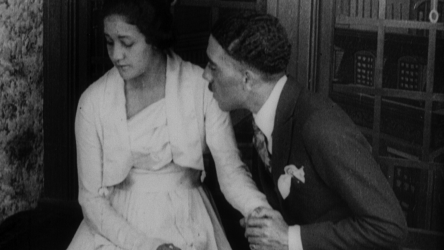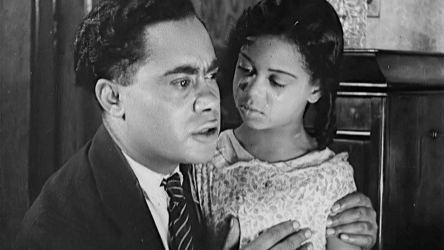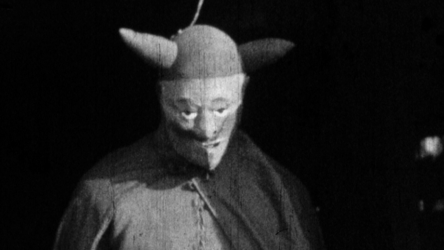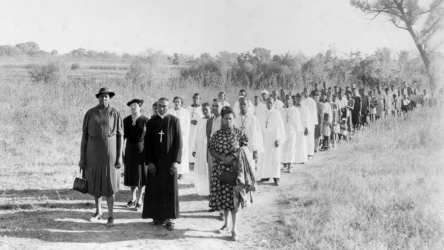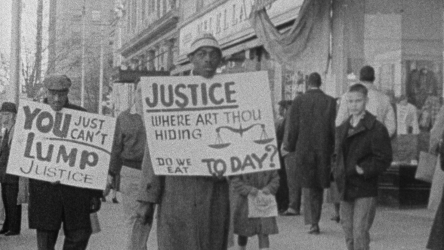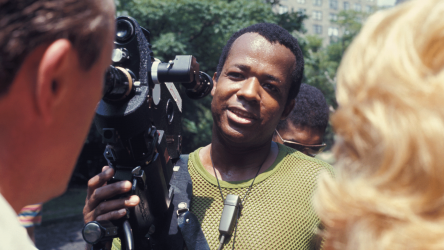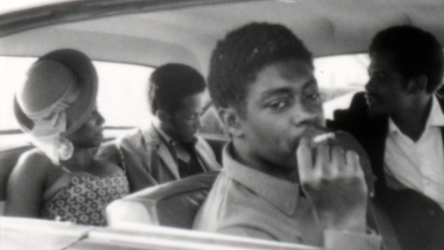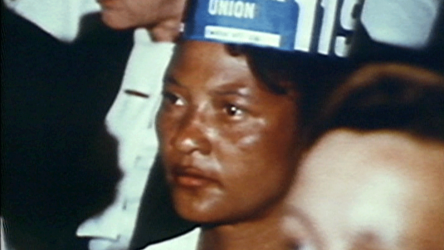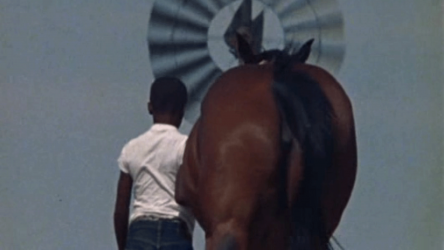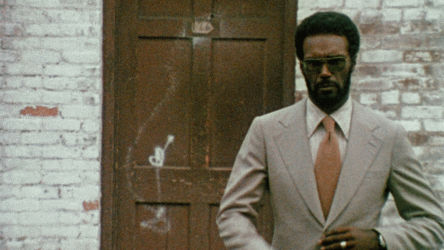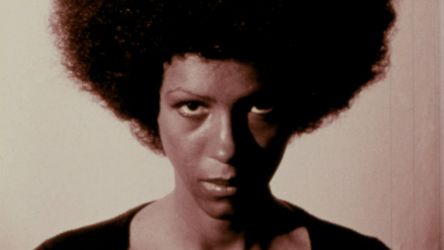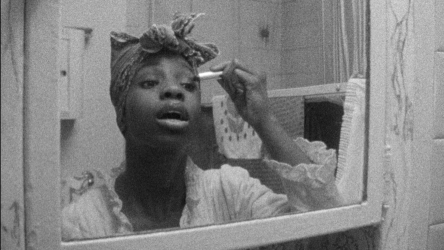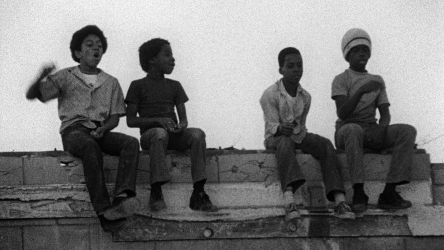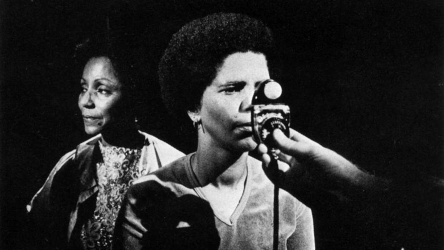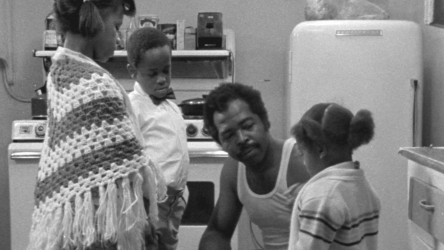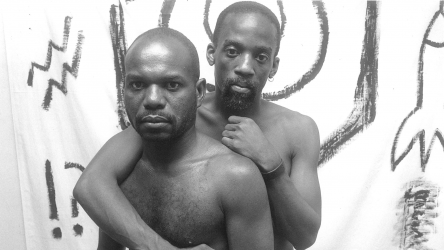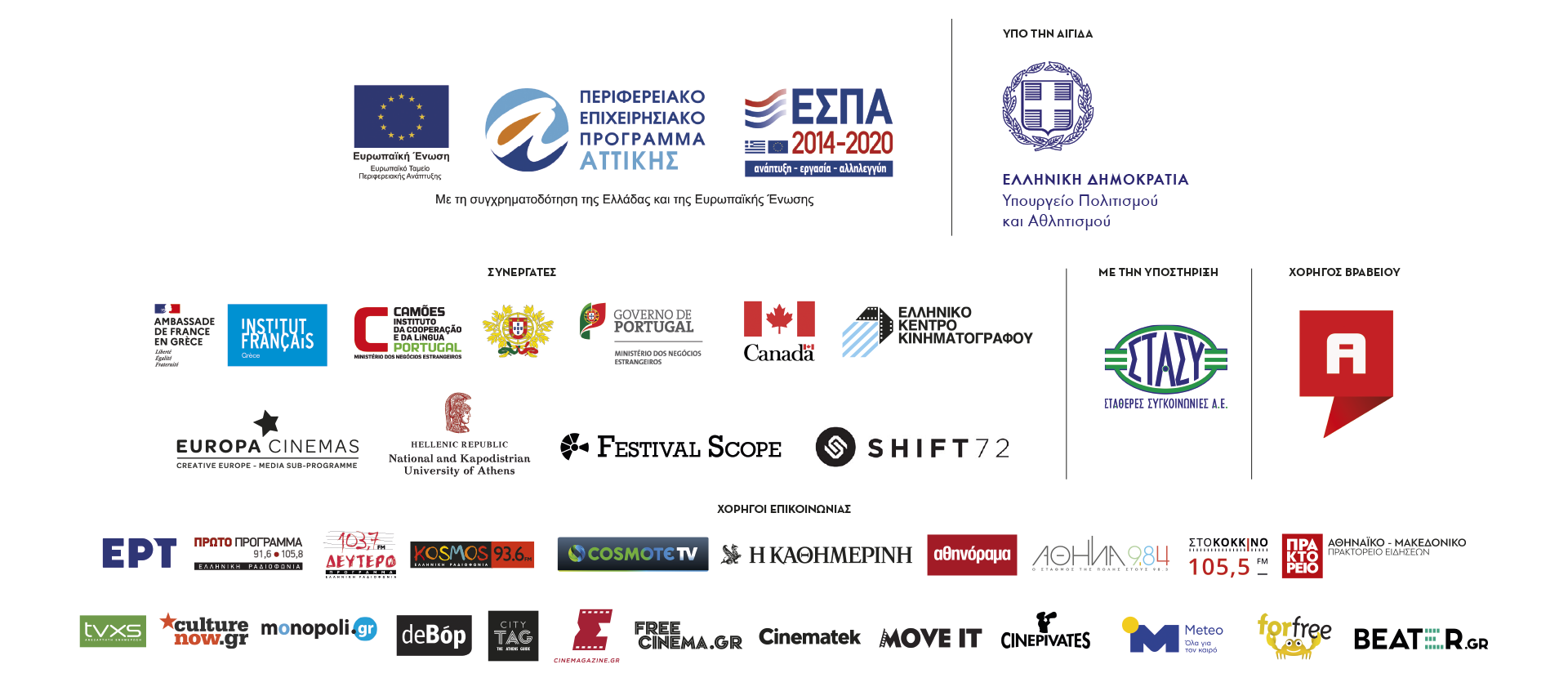The 11th AAGFF presents a curated selection of eighteen films and documentaries, showcasing—from the African Americans’ perspective—issues concerning race and racism—all the more urgent and relevant in today’s America. Narrative fiction films where hand-picked, both from the early period of 1920-1940, and from the later Independent African American movement, from 1960-1990, including important documentaries.
Evocatively, the silent film “Within Our Gates” (1920) (with a revised musical accompaniment by the political and philosophical DJ Spooky) was the direct answer to the overt racism of the emblematic film “Birth of a Nation” (1915) by D.W. Griffith; created by director-producer Oscar Micheaux who is considered the “father of Black cinema”. The film “The Blood of Jesus” (1941) is masterful in its depiction of the role of religion in black culture—made by the actor-director Spencer Williams, whom together with Micheaux and others, contributed to the propagation of popular black films, within the then racially segregated movie theatres. Intriguingly, this first wave of popular African American cinema, came to a halt by the civil rights movement itself—which was fighting against segregation and for racial integration; as the politically correct and unceasingly expensive Hollywood, began including black characters in their white films—resulting in the depletion of black community resources, through its civil rights struggles.
That being said, in the 1960s, Black Cinema expressed itself, independently, through the documentaries of Madeline Anderson; experimentations of William Greaves, such as in “Symbiopsychotaxiplasm: Take One” and through the critical appropriation of the blaxploitation film style, in the film “Ganja & Hess” by Bill Gunn. From the “L.A. Rebellion” film movement of the 1970s, the directors who stood out to us, where—Charles Burnett with “Killer of Sheep”, Billy Woodberry with “Bless Their Little Hearts” and Larry Clark with “As Above So Below”. These films draw inspiration from the infamous “Watts Riots” of Los Angeles, August 1965. Finally, the intersectional relationship between race and sexuality is examined in the influential documentary “Tongues Untied” by Marlon Riggs.
Curation, programming: Jacob Skenderidis
Introduction: Youlia Mermigka
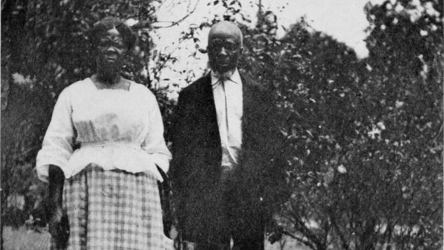
Zora Neale Hurston - Fieldwork Footage (excerpt)
Read more ...



